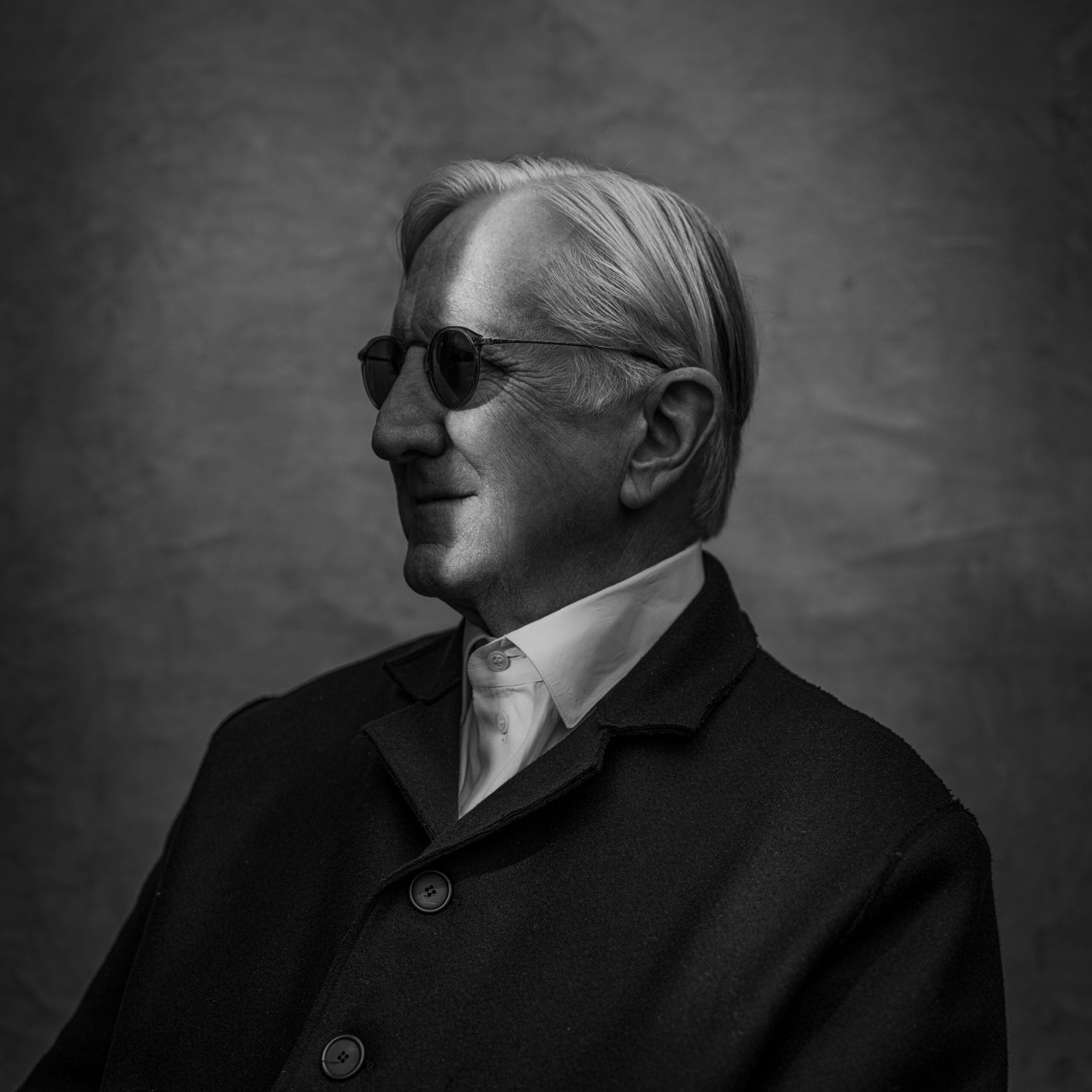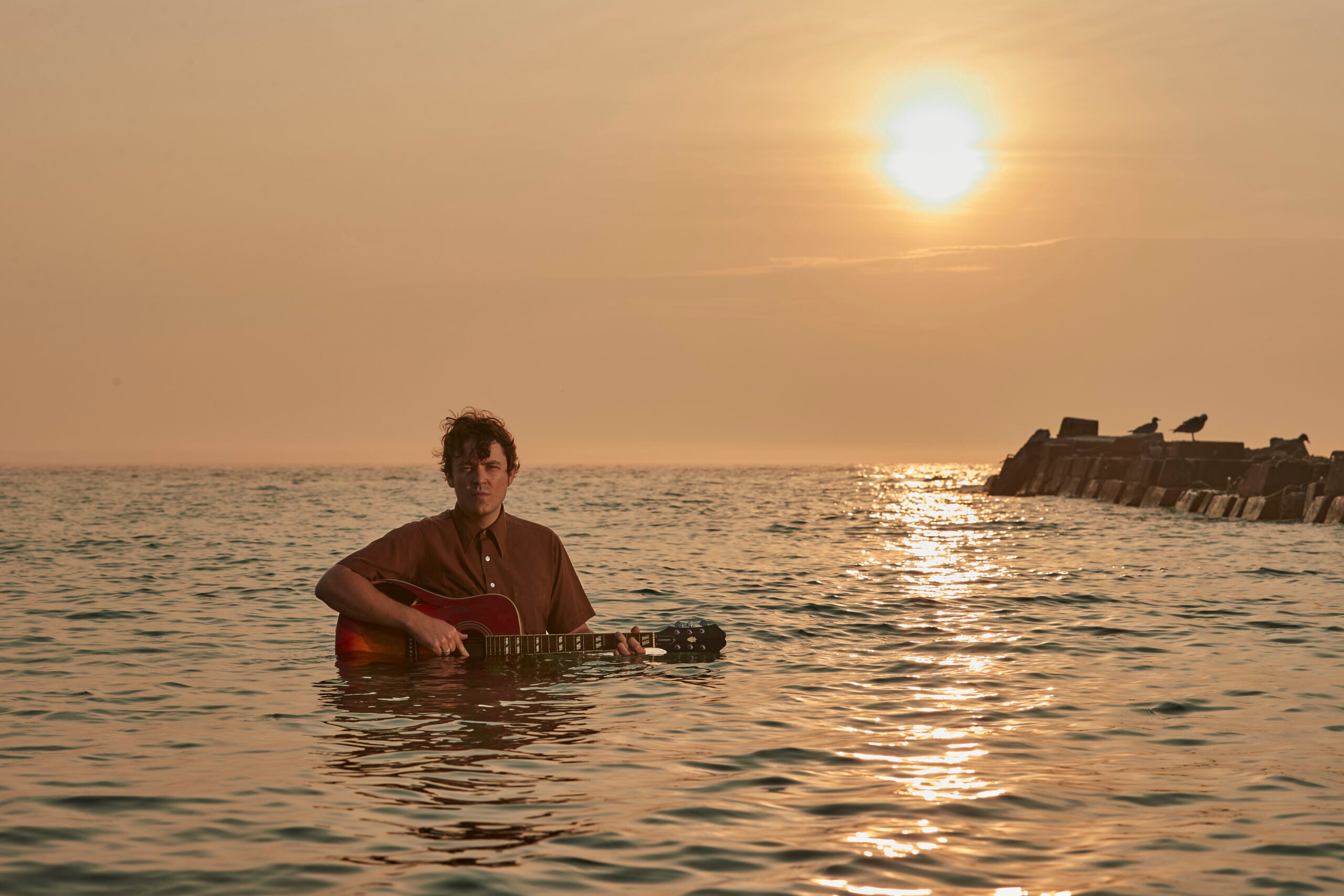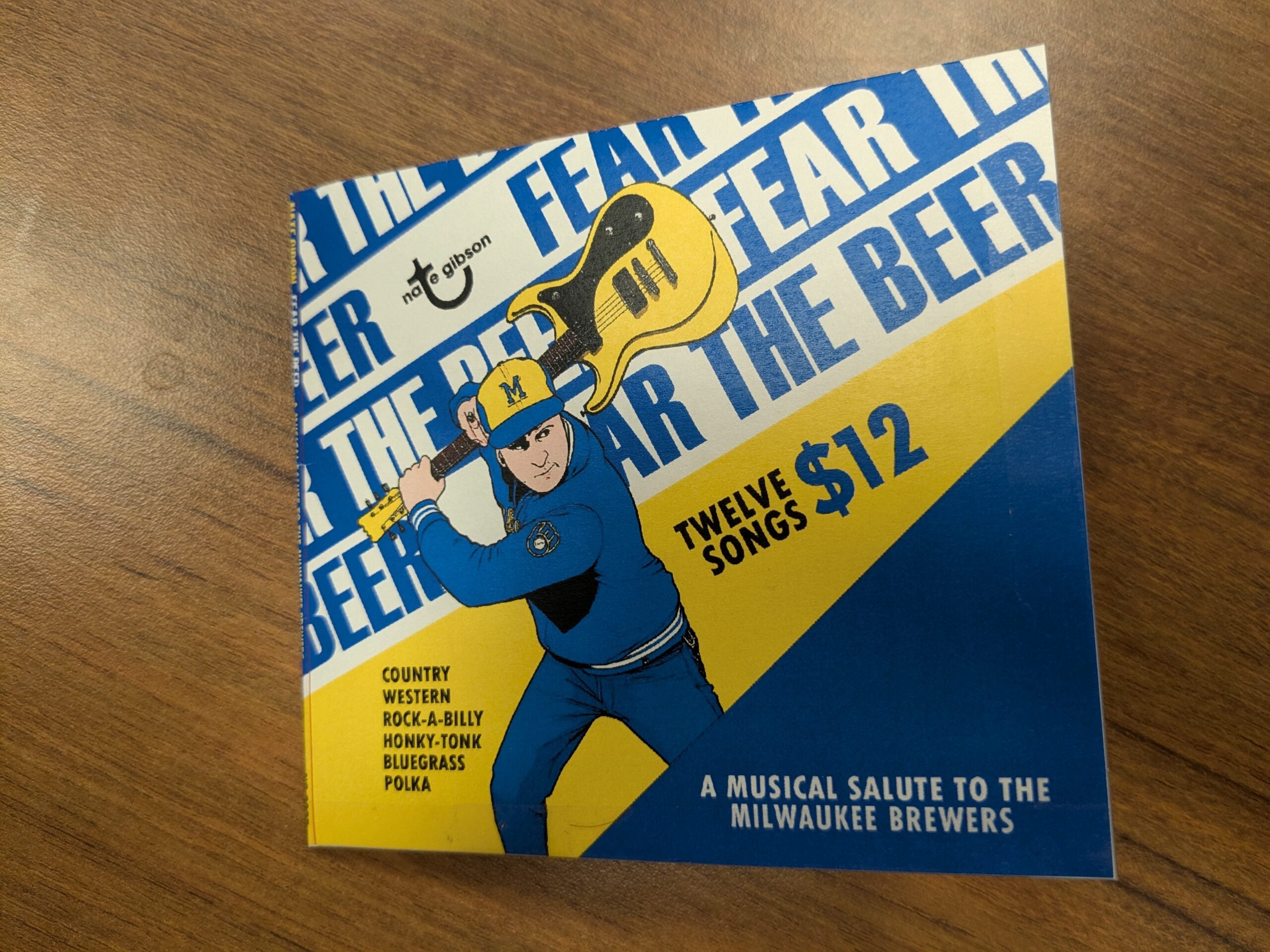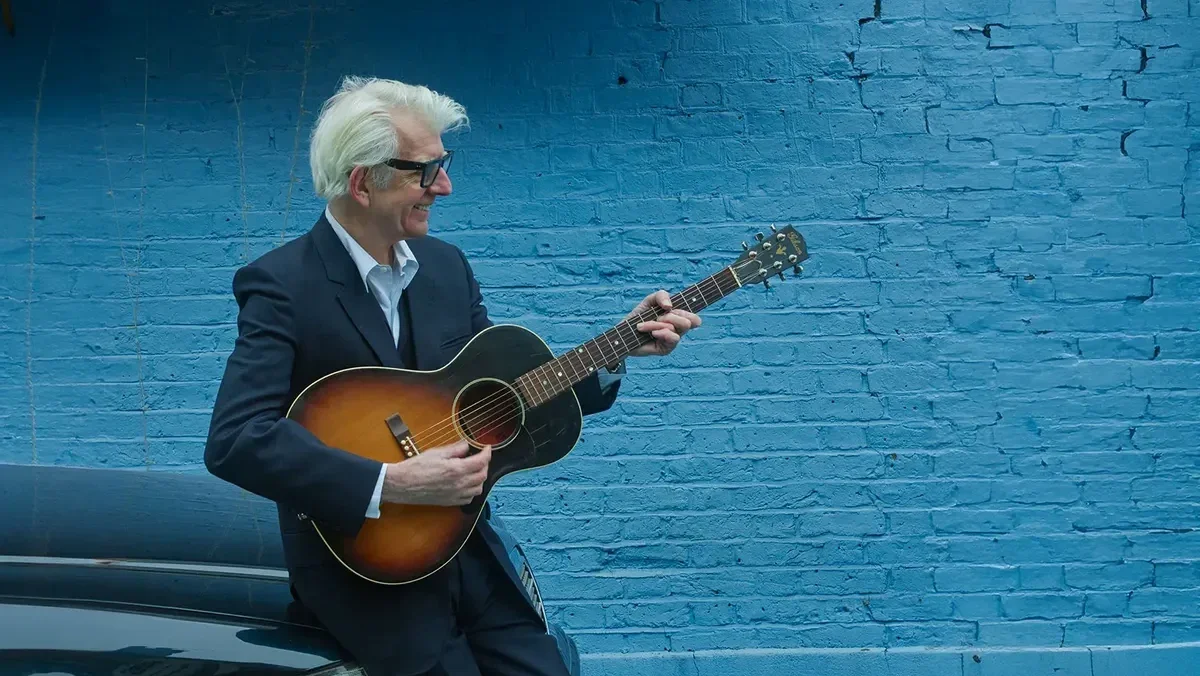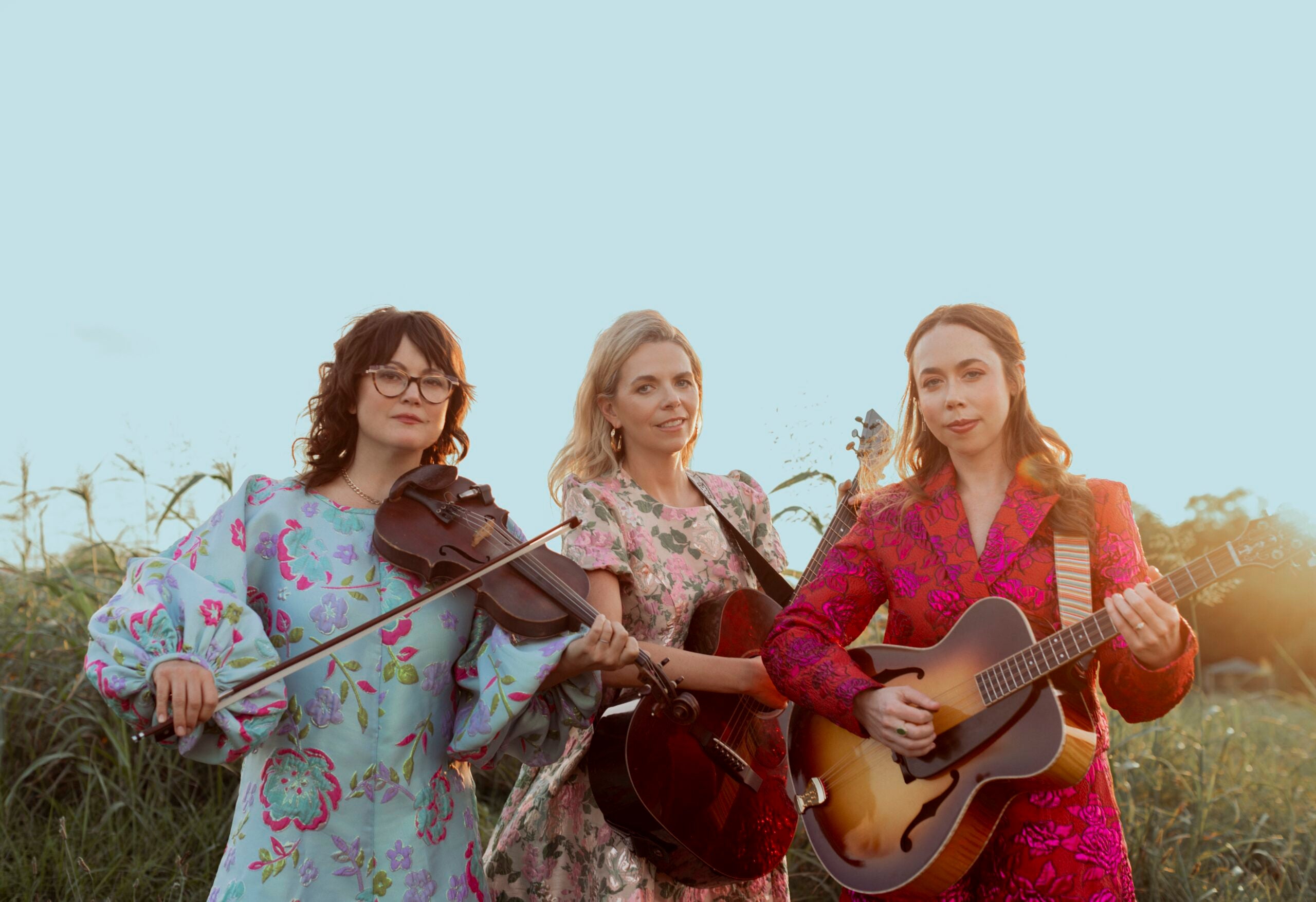T Bone Burnett remains one of the most fascinating personalities in all of music.
In the same week that phenom Taylor Swift and legacy rockers Pearl Jam released new albums, the tireless Burnett put out the contemplative, collaborative and remarkable LP, “The Other Side,” featuring contributions from Rosanne Cash, Weyes Blood, Colin Linden and the band Lucius.
Burnett talked with WPR’s “BETA” about the creation of the album.
News with a little more humanity
WPR’s “Wisconsin Today” newsletter keeps you connected to the state you love without feeling overwhelmed. No paywall. No agenda. No corporate filter.
This conversation has been edited for clarity and length.
Doug Gordon: “The Other Side” is your first solo album in almost 20 years. And it was well worth the wait. What made you decide to create “The Other Side”?
T Bone Burnett: It started really because Ringo Starr asked me to write a song for him. So, knowing that when he was young, he wanted to be a cowboy singer — that’s why he’s called Ringo Starr — I wrote him a Gene Autry kind of song, which is “Come Back.”
“When I was a kid making records in the old days, there weren’t many 76-year-old people making albums. It seems like a crazy thing to do, but my whole life has been a crazy thing to do.”
T Bone Burnett
And I enjoyed writing for someone else so much, being removed from the process and being removed from that dystopia that I’d always been writing from within, that I continued to write songs, which I thought I was writing songs for other people. But as I began to put them down, it became clear that they were cohesive, and I realized by six or eight songs in that we were making an album. And it sort of just grew.
I’m 76 years old. When I was a kid making records in the old days, there weren’t many 76-year-old people making albums. It seems like a crazy thing to do, but my whole life has been a crazy thing to do.
DG: You’ve said that you think you have been tough on listeners. I’m intrigued by that. What do you mean?
TBB I’ve always viewed that the goal of art is to create conscience, and I was always appealing to people’s consciences. And the thing is, when you’re appealing to people’s consciences, you have to be very careful for them not to feel judged or for them not to feel observed in a harmful, difficult way. So that’s what I mean. I feel like a lot of my songs, if people listen to them and take them personally, it can make them feel bad, which is not the way to reach the listener.
DG: The opening song on “The Other Side” is called “He Came Down” and your vocals blend so well with my fellow Canadian Colin Linden’s dobro playing. What’s the origin story behind this song?
TBB: I get up every morning about 6 a.m. and write. I’ve been doing that for a few years now. And my wife, Callie Khouri, came in and she was asking me something about Appalachian music, and I can’t remember what she was asking me, but I said, well, it’s like this, and I sang that line:
After he climbed the mountain
He came down. He came down
After he walked into the sky
He came down. He came down
I was just using that as a way into talking about mountain music. But she said, “You should record that right now.” And I said, “Record what?” And she said, “That song is a good song.”
So I started filling in the blanks and as I went through the song, there was the question of what’s he coming down from? Is he coming down from drugs? Is he coming down from the mountain? Is he coming down from heaven? Is he coming down to hell?
It was a lot of fun to get into that mythological world and mix it up.
DG: It’s a lot of fun to listen to it, too. Why did you decide to make “He Came Down” the first song on the new album?
TBB: It just seemed like a statement of purpose to me. Maybe my favorite line I’ve ever written is the last line of that song: “Nothing was bitter in his mouth.”
I feel like in the past, there were a lot of bitter things in my mouth and I wanted to get past that. I wanted to get to a place of deep kindness and deep generosity. I felt everything else after that grew out of it.
DG: Let’s talk about the bluesy “Sometimes I Wonder.” It features the singer/songwriter Weyes Blood. Can you tell us about this song?
TBB: When I started writing these songs, I wanted to go back to my very first love in music. When I was a kid growing up, all the bands’ repertoires were essentially Buddy Holly, Chuck Berry and Jimmy Reed. That’s a song that very much grows out of a Jimmy Reed tradition, but it brings in a lot of other blues traditions as well.
DG: One of the most unique songs on the other side is “Everything and Nothing.” What is the story behind this song?
TBB: I was over at my friend Gary Nicholson’s house one day, and we were having a conversation and he said something like that. He said, “You know, everybody wants to live a long time, but nobody wants to get old.” I realized we were in trouble at that point, because when you write a line that tight, you know, where you have a dichotomy that tight, you have to keep it up.
Bobby Womack told me many years ago, “If you come on doing the mashed potatoes, you got to get off doing the mashed potatoes.” And I worked on that song for probably two or three years to get the couplets together. To get to get the rhymes right. To get the dichotomies right.
I was studying Frank Loesser. I think he’s the greatest Broadway songwriter. And I’m interested in those — kind of Broadway as traditional American music writing. So, one of the things he would do, and one of the things most of those old songwriters would do — Cole Porter, Rodgers and Hart — they wrote in perfect rhyme all the time. So, this album was written almost all in perfect rhyme, which makes things sound classic.
DG: It makes me wonder, is it possible we might see “Everything and Nothing: The Musical” coming soon to a Broadway theater?
TBB: (Laughs) You might see it in a musical. Yeah!

